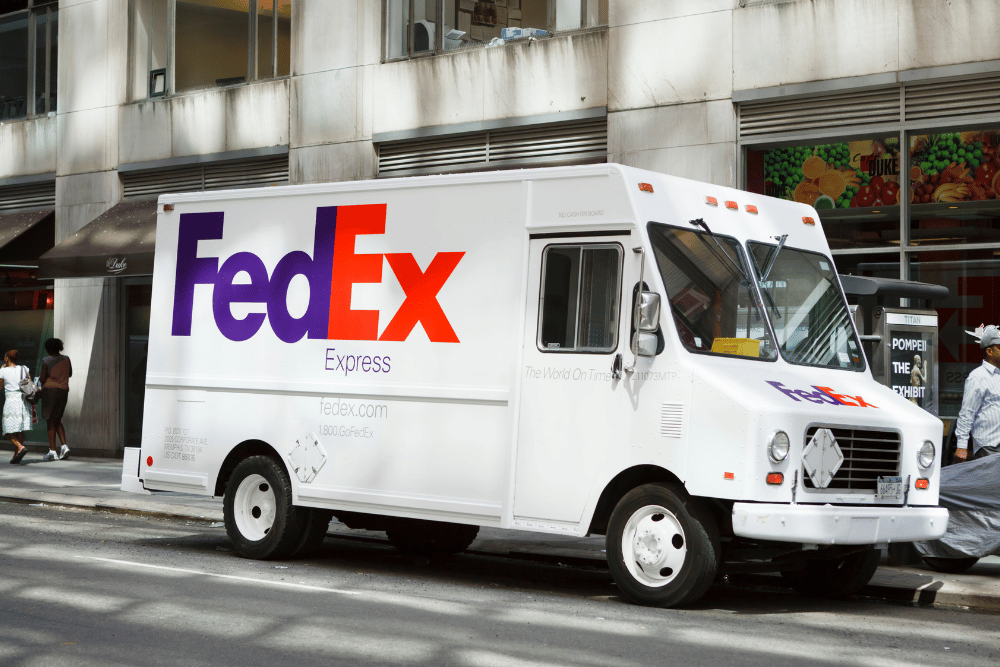Free Consultation
Free Consultation

Sometimes, a series of unfortunate events can lead to tragedy, as several people in Long Island recently discovered.
Two motorists collided in a fender bender on the Long Island Expressway. Both parties stopped and got out of their cars to inspect the damage – one pulled his car over to the exit while the other stopped in the center lane. The man who stopped in the center lane was struck and killed by a FedEx truck.
A lot of terrible threads came together to create this tragic outcome, but it highlights one thing all drivers in New York should remember: New York is a “No-Fault” state.
Here’s what you need to know about that status and how it might impact you in a car accident.
In New York, when you’re involved in a car accident, you file a claim with your own insurance company for damages.
This happens without regard for who was actually at fault for the accident. It’s understood that you seek reimbursement for medical costs and other losses after an accident within this system.
Anyone who owns a registered motor vehicle in the state of New York is required to carry liability insurance with a certain amount of minimum coverage. These coverages are:
No-fault insurance doesn’t prevent you from bringing a lawsuit against the other driver, but it limits the circumstances under which that is possible.
If you want to file a lawsuit or third-party insurance claim against an at-fault driver, the injury you sustained must meet the serious injury threshold.
In New York, serious injury is defined one of the following:
If your injuries qualify as “serious” under the law, you can bring a lawsuit or claim against the other driver to hold them accountable for their part in the accident. It is possible to pursue compensation for losses, even non-economic ones like pain and suffering.
In the story of the FedEx driver who killed a man on the Long Island Expressway, it may be possible for the family of the deceased to bring a lawsuit against the driver for causing the death of their loved one.
This is one way to operate outside of the no-fault system in New York – showing circumstances under which someone is at fault and can be held accountable.
The story of the Fed Ex driver brings up another interesting point – courier insurance.
Many people drive for a living. Some work for companies like FedEx, while others deliver groceries or food as independent contractors. If you fall into this category, it’s not a bad idea to have courier insurance.
This kind of insurance covers a driver who delivers goods to the point of drop-off. It protects them against loss as well as damage or theft of goods while in transit. It’s vital to have if you work in this field, so that you can reduce your personal liability.